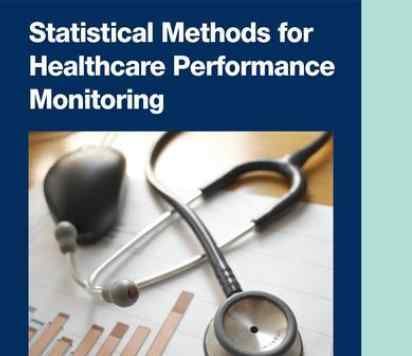BibTex format
@article{Burns:2011:10.1136/bmj.d4836,
author = {Burns, EM and Bottle, A and Aylin, P and Darzi, A and Nicholls, RJ and Faiz, O},
doi = {10.1136/bmj.d4836},
title = {Variation in reoperation after colorectal surgery in England as an indicator of surgical performance: retrospective analysis of Hospital Episode Statistics},
url = {http://dx.doi.org/10.1136/bmj.d4836},
volume = {343},
year = {2011}
}
RIS format (EndNote, RefMan)
TY - JOUR
AB - OBJECTIVE: To describe national reoperation rates after elective and emergency colorectal resection and to assess the feasibility of using reoperation as a quality indicator derived from routinely collected data in England. DESIGN: Retrospective observational study of Hospital Episode Statistics (HES) data. SETTING: HES dataset, an administrative dataset covering the entire English National Health Service. PARTICIPANTS: All patients undergoing a primary colorectal resection in England between 2000 and 2008. MAIN OUTCOME MEASURES: Reoperation after colorectal resection, defined as any reoperation for an intra-abdominal procedure or wound complication within 28 days of surgery on the index or subsequent admission to hospital. RESULTS: The national reoperation rate was 6.5% (15,986/246,469). A large degree of variation was identified among institutions and surgeons. Even among institutions and surgical teams with high caseloads, threefold and fivefold differences in reoperation rates were observed between the highest and lowest performing trusts and surgeons. Of the NHS trusts studied, 14.1% (22/156) had adjusted reoperation rates above the upper 99.8% control limit. Factors independently associated with higher risk of reoperation were diagnosis of inflammatory bowel disease (odds ratio 1.33 (95% CI 1.24 to 1.42), P<0.001), presence of multiple comorbidity (odds ratio 1.34 (1.29 to 1.39), P<0.001), social deprivation (1.14 (1.08 to 1.20) for most deprived, P<0.001), male sex (1.33 (1.29 to 1.38), P<0.001), rectal resection (1.63 (1.56 to 1.71), P<0.001), laparoscopic surgery (1.11 (1.03 to 1.20), P = 0.006), and emergency admission (1.21 (1.17 to 1.26), P<0.001). CONCLUSIONS: There is large variation in reoperation after colorectal surgery between hospitals and surgeons in England. If data accuracy can be assured, reoperation may allow performance to be checked against national standards from current routinely collected data, alongside other indicator
AU - Burns,EM
AU - Bottle,A
AU - Aylin,P
AU - Darzi,A
AU - Nicholls,RJ
AU - Faiz,O
DO - 10.1136/bmj.d4836
PY - 2011///
SN - 1468-5833
TI - Variation in reoperation after colorectal surgery in England as an indicator of surgical performance: retrospective analysis of Hospital Episode Statistics
UR - http://dx.doi.org/10.1136/bmj.d4836
UR - http://www.ncbi.nlm.nih.gov/pubmed/21846714
UR - http://hdl.handle.net/10044/1/19391
VL - 343
ER -
